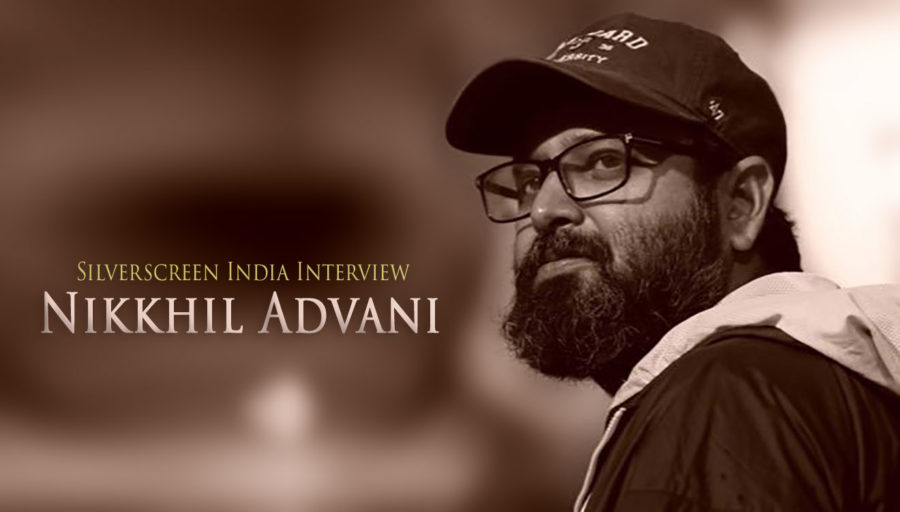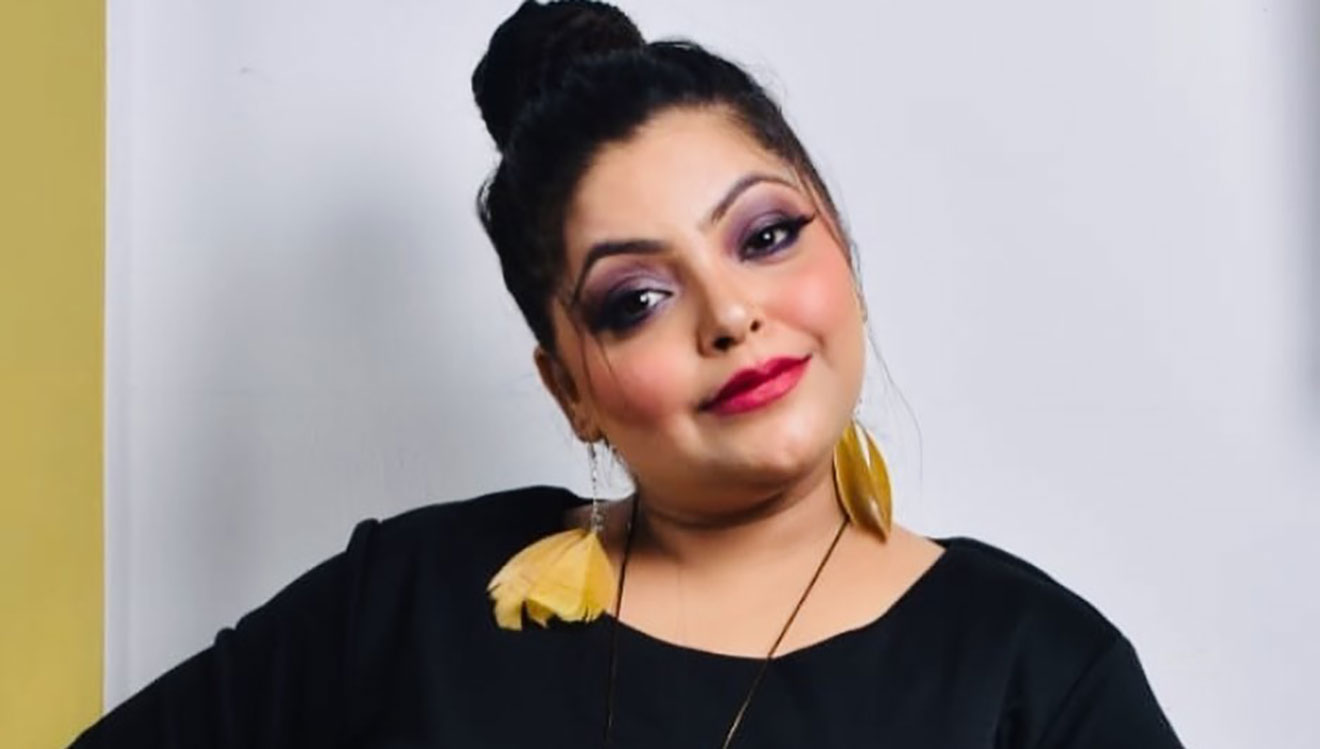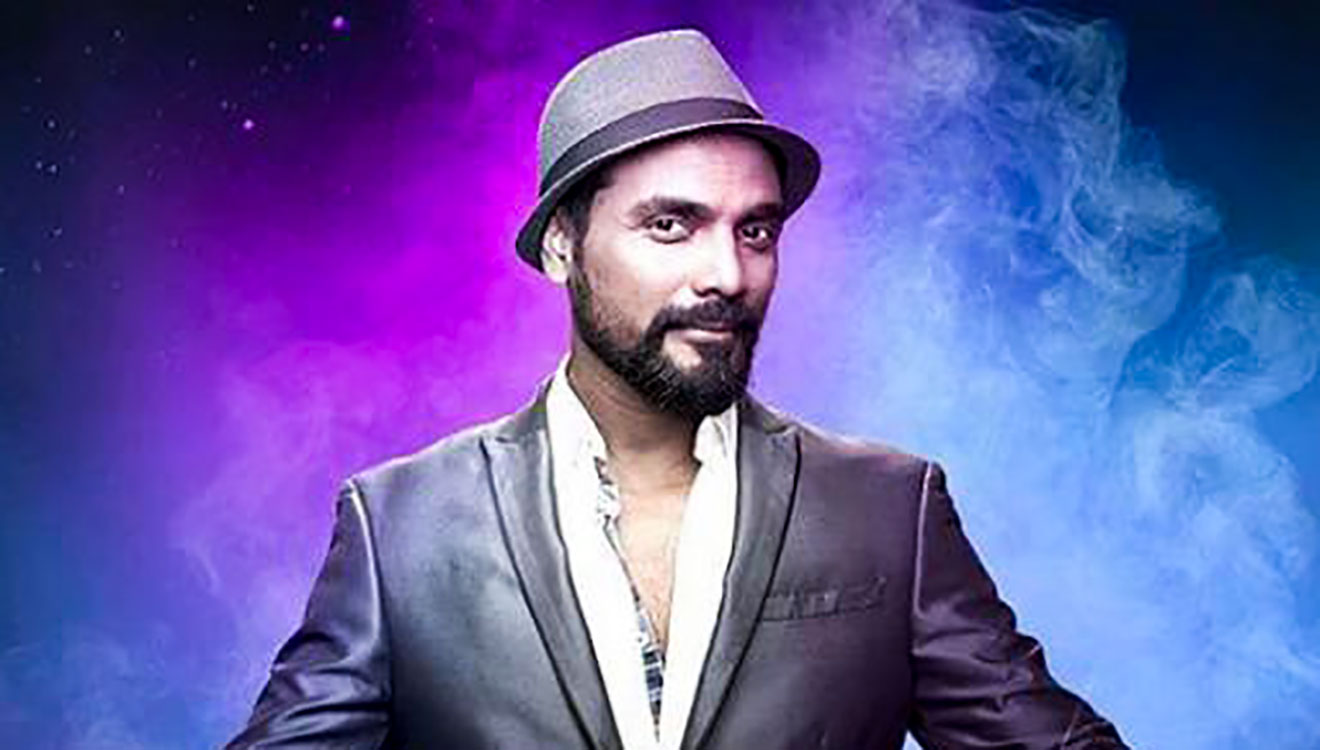Nikkhil Advani, the Hindi film director and producer, is gearing up for several releases, with the most recent outing being the Amazon Prime Video original anthology film Unpaused. Advani is part of four other directors, including Raj & DK, Tannishtha Chatterjee, Avinash Arun, and Nitya Mehra, in Unpaused. The short films delve into themes of friendship, love, hope, second chances, and new beginnings.
Shot completely during the Covid-19 pandemic, Unpaused captures what life has become since March, when the ‘Janta curfew’ was implemented. According to Advani, shooting for Apartment, his short film from Unpaused starring Richa Chadha, Sumeet Vyas and Ishwak Singh, is exactly the way he has always wanted to shoot – with a small crew.
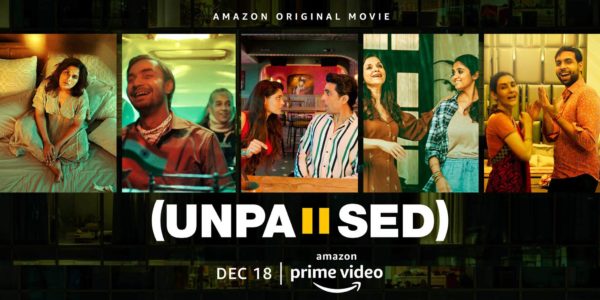
Advani says that he was deeply affected by the loneliness and depression that people felt as they were stuck inside their homes for months and the love they received from others they never imagined from. These emotions led him to direct Apartment.
In a conversation with Silverscreen India, Advani shares his comfort in shooting a film during the pandemic, the emotions that evoked the creative process behind Apartment and his attachment towards making films based on real-life incidents.
Can you share your experience shooting for Unpaused amidst the Covid-19 pandemic?
I think that it is very interesting and also it is exactly the way I always want to shoot, which is with a very contained crew. When Amazon Prime and Aparna (Aparna Purohit, the head of India Originals, Amazon Prime Video) called me up and told me that it has to be done in a particular way – three days of shoot and so many days of post-production and only 10 people can be allowed on the sets which includes the actors – I know it sounds very difficult to do but is exactly what I want to do with the films and shows that I make. I don’t like having so many people around me and I don’t like having so much socia. I totally enjoyed the experience and the ability to tell the story without any kind of thought for what the box office outcome is going to be is very liberating.
Why did you choose to tell the story of Apartment as a short film?
Because A, the story itself does not lend itself to a longer format. It’s a short story. Secondly, for me, two to three things evoked some kind of emotion during the lockdown – loneliness and depression that people were feeling and the other was the friendship and love from quarters and avenues that they have not even reached out to. The story was written keeping both those things in mind. It is very dire and it is very dark and there doesn’t seem to be any end to this lockdown. But should there not be a light to the tunnel? It is important what Aparna did with all of us filmmakers. She rallied us around to make sure that there will be some kind of hope at the end of the dark tunnel.
How was it different from directing a full-length feature film?
I think the moment you’ve written the script and if the script is working on paper and if the scenes are working on paper, directing a short or a feature-length film or even a streaming show, it is not very different. Once we know that you don’t have to linger so much on the particular theme, we have said what we need to say in that theme. There are moments in the Apartment which are just about silence and being alone. It was a bit tricky but I have done a short before called Guddu Engineer. It was not really an anthology – it was six Indian filmmakers and six Pakistani filmmakers. I enjoyed the short film format a lot.

There have been a lot of anthology films to hit OTT platforms in recent times. Why do you think this is happening and how is Unpaused different?
It’s not. Unpaused is part of a bouquet of films which have been conceived by Amazon Prime and Aparna. The filmmakers are people that I think Amazon Prime has a past relationship with and they are very comfortable with and who they have built a relationship with. There are a lot of anthologies coming, because I think it is very interesting to show the perspective or emotions from a variety of people. All the heavy lifting was done by Aparna and her team. They had to possibly rally what Raj & DK, Nitya, Tannishtha and Avinash were doing and somewhere they had to bring it all together into the Unpaused anthology.
Films that deal with sensitive topics get slammed on social media these days by some group or the other. What do you think about such social media backlash, does it hinder creative freedom?
We get backlash even if we don’t do anything. It doesn’t affect us. Unfortunately, we have developed thick skins. I have had my ups and downs. I have had hit films and flop films, some blockbuster films like Kal Ho Naa Ho and flops like Chandni Chowk to China. Very early in my career I realised that the Friday morning creative work ceases to be mine, it becomes the audiences. I can’t determine in which mood that particular person bought a ticket is going to absorb my creative work. I can’t determine whether he is in a good mood or a bad mood, whether he has come to like it or diss it. So I don’t tend to watch anything that I don’t need to. I have decided personally as a filmmaker that I only want to make things that somewhere or the other believe in, in terms of storytelling or in terms of an emotion I feel that needs to be captured.
It is even more sensitive when it comes to telling stories about real life incidents. How do you think you had to deal with that?
I have done Airlift as a producer, I have done Batla House as a producer and a director. Even when we do Mumbai Diaries or P.O.W. – Bandi Yuddh Ke, which was adapted from an Israeli drama but was based in Kargil. I like to do that and I tend to gravitate towards things like that. D-Day also was about bringing back Dawood Ibrahim. That’s what makes me comfortable. Of course it comes with its fair share of issues and possible risks. Maybe I am a sucker for it. I like the ability to tell a story which somewhere or the other has been germinated from a real life incident or real life person.
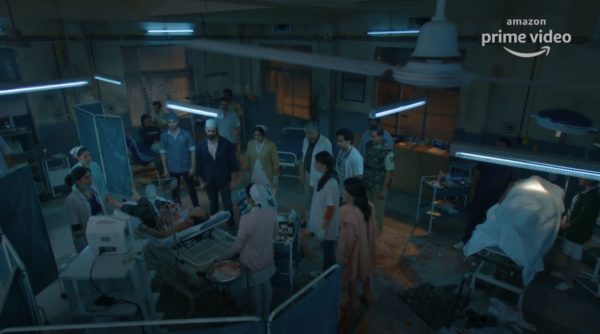
Why do you think this liking towards real-life incidents come and what do you think is necessary to make a film about real-life incidents?
Responsibility. They have their families existing and we have to be responsible and we have to make sure when they watch it they applaud us for what we are doing. Similarly, in Mumbai Diaries 26/11, all the characters are fictional but the event is real. The characters may be fictional but they exist in every government hospital of the country. They are the first responders who we take for granted. When we eventually have to go to hospitals and we don’t for once look at the person looking after us, whether it is the doctor, ward boy or the nurse. That’s what Mumbai Diaries is about. Somewhere or the other, they are fictional characters but you will hopefully identify with each and every one of them.
What is your dream movie? What kind of movie would you like to make?
I am already living my dream in making the Apartment with Richa Chaddha, Ishwak, Sumeet the way I wanted to make it or making Mumbai Diaries the way I wanted to make it. Taking a break or making Batla House after four years but making it the way I wanted to make it. I standby all my work. Chandni Chowk to China even though it did not work, I really loved the fact that the first half was great and the second half had problems. You will never find me looking back and thinking that this was not my fault. All the faults are mine. Hopefully I have learnt from them. There is no dream film that I want to make. There is a film that I am hoping to make next which is something I have never done and it will allow me to possibly work with one of my big heroes. I have worked with Rishi Kapoor and I have worked with Irfan Khan and Shah Rukh Khan. So this will allow me to work with an actor that I have wanted to work with for the past 25 years.
Why did you opt for a theatrical release for Indoo Ki Jawaani?
The theatres are suffering. Why did we push to be one of the first production companies to take on this whole Covid protocol and the expenses that were going to be incurred and get into shooting with all our shows and films? Because the daily wage workers were suffering and we are at the end of the day a film production company. Also, when Indoo Ki Jawaani started last year it was meant to be for a theatrical release. We don’t see ourselves as a production company that is going to use the streaming platform as an alternative to feature films. We have specific divisions. We have a sole division for OTT streaming platforms and this is feature films. We are doing that now when we have several shows as well as films.
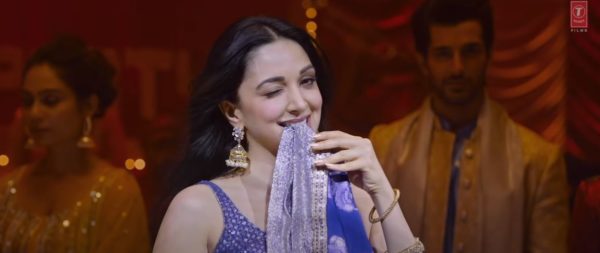
You have been working during the pandemic. What drove you forward despite the threat of getting infected?
I totally took to the whole online Zoom chatting and meeting, work from home kind of situations. When I worked during the pandemic, I made sure all the hard drives were correct and all the editors could get in touch with me and we could edit online. The directors were able to talk to the editors when needed as well as the prod team were able to plan so that when the pandemic was lifted they could go to the places. What we decided as a production company was not to get paused. We decided to keep moving. We enhanced the writing team that works in our production company. We brought more people into it. We developed more shows. Some of which you will see on Amazon.
What are you more confident about today that you felt apprehensive about in the early stages of your career?
Recommended
Just to do the thing that I want to do, make the films which I believe in I just feel that today from March the lockdown happened, we have no control over it or for that matter nobody has control over Covid. As filmmakers, we are constantly putting the one film that you want to make as a next one because you want to work with a particular actor or you are chasing a hundred crore club. With D-Day and Mumbai Diaries, Apartment, Delhi Safari I have experienced what it takes to make the film that you want to make and the kind of satisfaction you get when you do that is undeniable. That is what I am going to concentrate doing on.
What are you currently working on and what are your future projects?
We have several things. We have a separate film division and so we are going to be announcing several films. We are doing a couple of shows that are in development and in casting. You will hear about those also.
